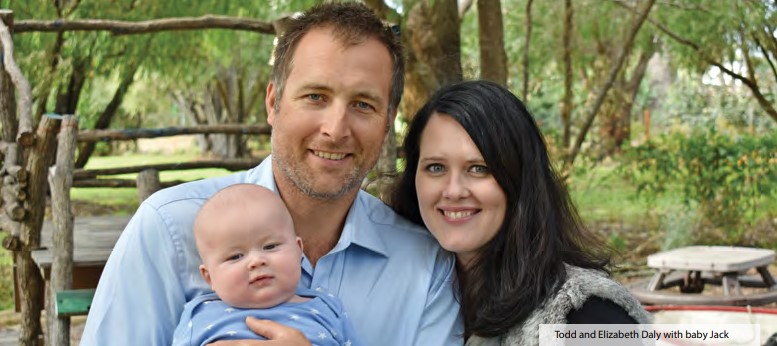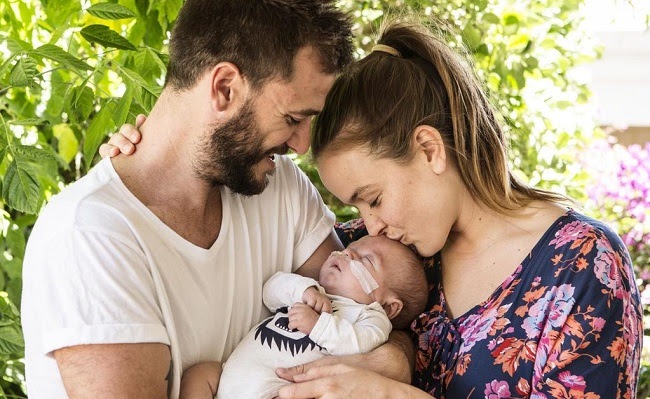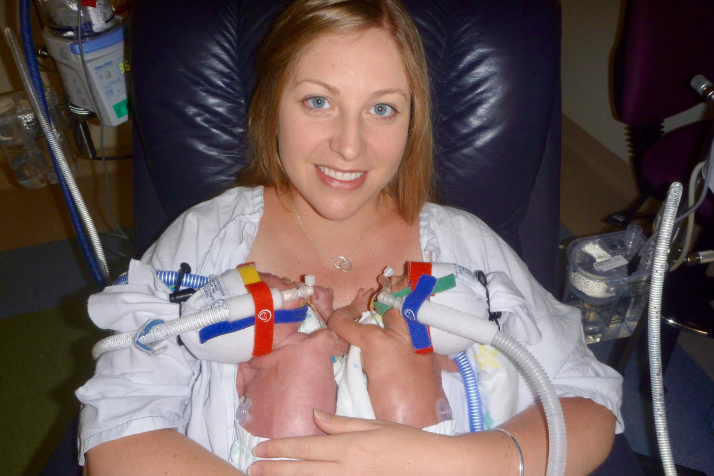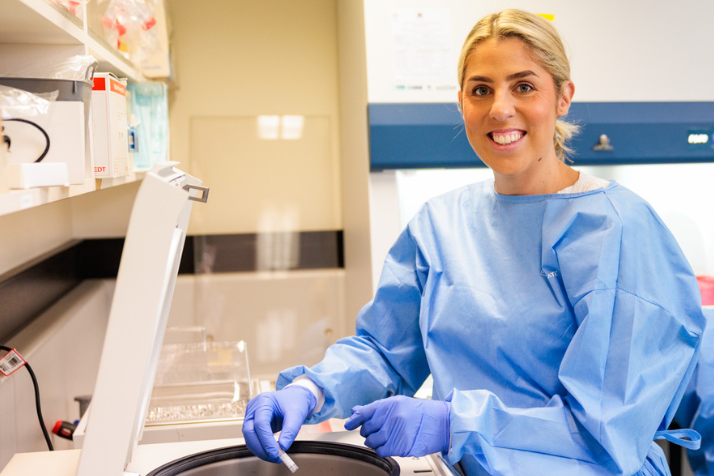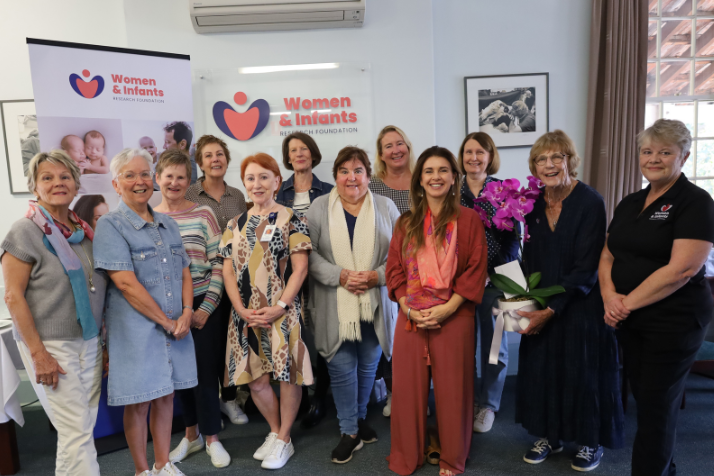After losing their twin boys, Max and Noah, to the very rare twin-to-twin transfusion syndrome in 2015, Todd and Elizabeth Daly realised just how many babies are lost preterm and how special a full term baby really is.
In WA alone, nearly 3000 babies are born preterm each year – approximately 1 in 12 pregnancies ends preterm.
“It was explained to us that twin-to-twin transfusion syndrome (TTTS) was a rare and serious condition that can occur in pregnancies where identical twins share a placenta,” Elizabeth said.
“We were told that due to the condition largely not being that well understood things could change very quickly within the term of the pregnancy.”
Halfway through the pregnancy, Elizabeth underwent placental ablation surgery in a bid to save the twins. This complicated surgery is only performed in WA on average 10 times a year and has varying rates of success. Unfortunately, the surgery was not successful in this case and the twins passed away the following day.
Following their heart-breaking loss, the couple have battled multiple rounds of IVF and a cervical cancer diagnosis for Elizabeth which put their family dreams on hold for a year during treatment and recovery. Their determination and strength would pay in spades as the couple welcomed a beautiful and healthy baby boy into their lives on Boxing Day 2016.
“Preterm birth is something that can affect anyone and TTTS isn’t something we considered even after we found out we were having twins,” Todd said.
“Raising awareness and funds to enable much needed research is critical because at the end of the day all we ever want is a happy and healthy family.”
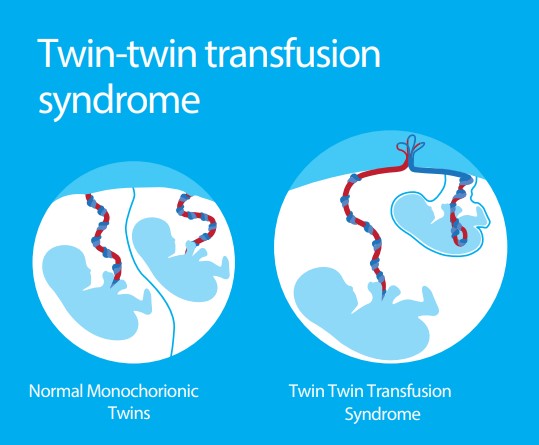
Twin-to-twin transfusion syndrome (TTTS) identical twins who share a common placenta that contain abnormal blood vessels, which connect the umbilical cords and circulations of the twins. The complication of twins receiving bloodflows can mean that one of the babies can receive too much blood, which would the heart as it would need to work overtime to process it all, while the other twin wouldn’t receive enough, effectively starving growth and development. Since the 1980s, there has been a 60% increase in twins and a 400% increase in triplets in Australia.
